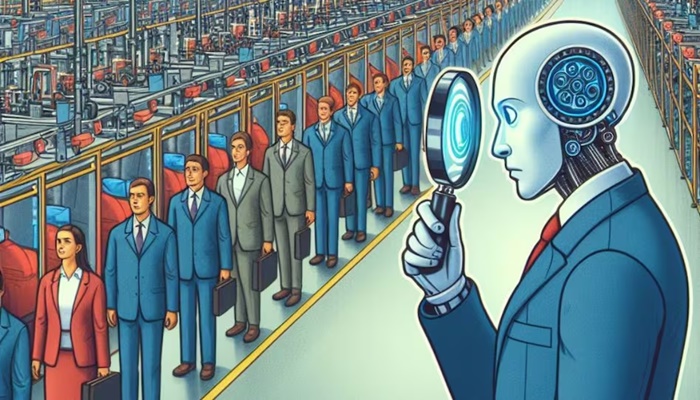China has unveiled a game-changing “K-visa” aimed at attracting top-tier tech talent—no job offer required—marking a bold shift in immigration policy as the country intensifies its global innovation push.
The new K-visa offers an unprecedented level of flexibility for foreign scientists, engineers, and researchers. Unlike traditional Chinese work visas, it waives the need for a local employer and instead relies on age, education, or experience thresholds. Applicants under 45 with degrees from “renowned” global institutions or experience in top research labs may qualify.
“This is a pretty big move,” said entrepreneur and commentator Arnaud Bertrand. “China went from near-zero immigration to one of the most open skilled immigration policies in the world—more so than most Western countries.”
The K-visa positions China as an increasingly attractive destination for global talent, especially as Western nations tighten immigration controls. Bertrand added, “It’s one of the great ironies of history: China is progressively taking over the ‘free and open’ label from the US.”
Already a leading player in artificial intelligence, quantum computing, and advanced manufacturing, China’s invitation to global innovators signals a broader strategy. Paired with recent visa-free travel for tourists, the K-visa reflects Beijing’s goal to build a high-tech ecosystem with global input—while reshaping the narrative around openness and mobility.
Analysts say the move could intensify competition for elite talent, offering an alternative path for those sidelined by Western visa hurdles. The only comparable option in China until now was the rarely granted “green card,” making the K-visa a landmark development.




















